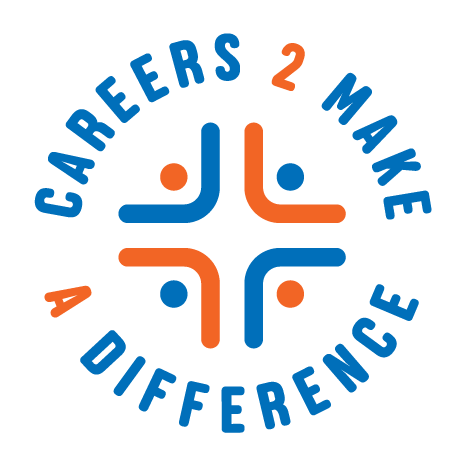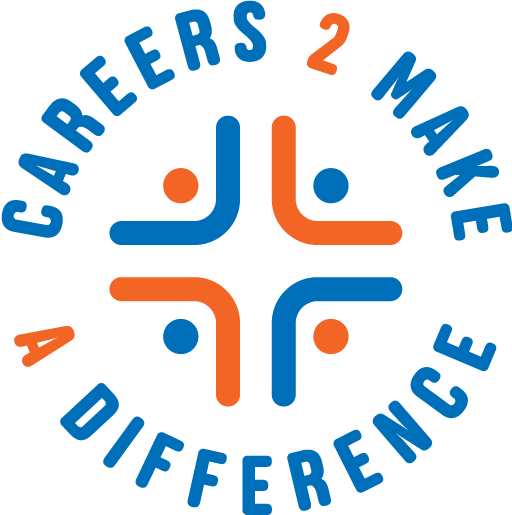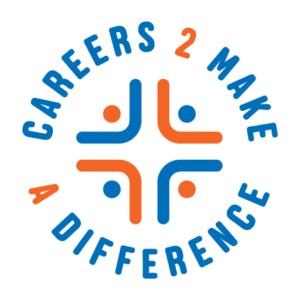- Help people: Doctors and Physician Assistants, play a vital role in helping people stay healthy. They work one-on-one with patients to diagnose and treat diseases, provide preventive care, and manage chronic health conditions. Doctors and Physician Assistants contribute to improving health outcomes for groups of people and communities at large through collaboration and guidance with education, disease control, and identifying social determinants of health.
- Make a difference: Through direction given by Doctors and Physician Assistants, clinical staff can use tools and resources to make a difference in community-based populations. With education and high-quality health care, providers assist with prevention and detection of diseases, responding to emerging infectious diseases, as well as prescribing necessary treatments for all of the above. Significant health outcomes are realized through the interventions and work of our providers as they touch individuals and communities the same.
- Variety of career options: Docters and Physician Assistants can work in a multitude of settings, and in variety of specialties, including hospitals, private practices, and governmental agencies, such as local health departments, nonprofit organizations, and even insurance companies. Specialties include pathology, psychiatry, dermatology, obstetrics, family medicine, primary care, general and trauma surgery, orthopedics, emergency medicine, etc. In most instances, public health providers have a background in family or primary care specialties, as well as obstetrics.
Here are some of the key differences between doctors and mid-level providers:
- Education: If you want to become a public health physician assistant, you must complete a bachelor’s degree before entering a graduate physician assistant program. Your classes cover basic sciences, clinical medicine, pharmacology, and behavioral sciences and let you gain hands-on experience through lab instruction and clinical rotations. You can also specialize in public health while completing your PA degree, which often results in receiving dual master’s degrees. You then pass the Physician Assistant National Certifying Examination and earn a state license. If you want to become a medical doctor, you must graduate high school, must complete a bachelor’s degree (typically in a science related field, such as biology or chemistry), attend and finish medical school (typically 4 years), then complete a residence training or fellowship program in a desired specialty (usually between 3-7 years).
- Scope of practice: Doctors have more scope of practice than Physician Assistants. They can diagnose and treat a wider range of diseases and perform more procedures.
- Job duties: Doctors typically have more administrative and managerial duties than physician assistants. They are also responsible for making diagnoses and ordering tests. Phyician Assistants typically focus on providing patient care, such as conducting physical exams and prescribing medications.
- Opportunities for growth and advancement: Doctors and mid-level providers can move into leadership positions or specialties in their particular public health field of study, such as research and education.
- Work-life balance: For those that are employed directly through a health department, the typically work hours of a Medical Doctor or Phyician Assistant is from 8am to 5pm. In cases where doctors are contracted by a local health department, the medical doctor typically would have their own practice to also attend to, in addition to their time spent at a health department. On occasion overtime may be required, but rarely. Because of the 40-hour work week typically required, it is easier for providers to achieve a harmonious work-life balance.
Ultimately, the best career for you depends on your individual interests, skills, and goals. If you are interested in a career in medicine and want to have the opportunity to make a real difference in people’s lives, then either doctor or physician assistant could be a good fit for you.
Here are some of the skills that are essential for all providers:
- Strong communication and interpersonal skills
- Ability to work under pressure, independently and as part of a team
- Ability to make quick decisions
- Commitment to lifelong learning
- Compassion and empathy
- Strong leadership skills
- Ability to work with diverse populations



